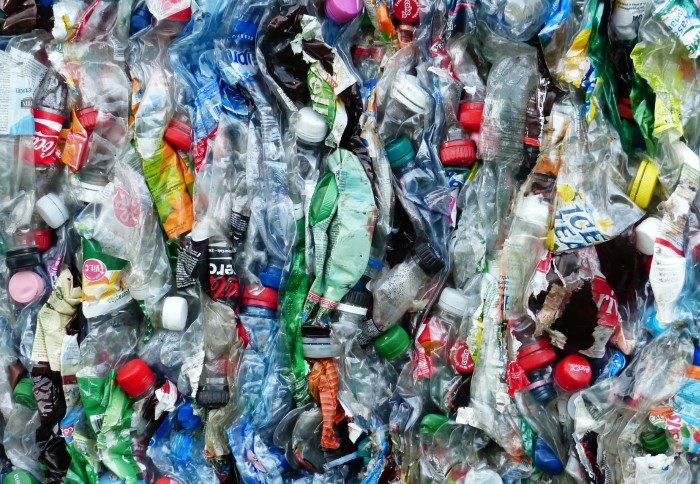Pilot study to assess the respiratory health of workers in recycling facilities
by Jack Stewart

Dr Joseph Levermore, a Research Associate in the Environmental Research Group, has been awarded an AXA Fellowship in Harmful Substances.
The project, entitled “Assessing the respiratory health of manual sorters in plastic material recycling facilities” is one of 10 supported in this round of funding from the AXA Research Fund, worth a total of €1.25 million.
Dr Levermore’s project will focus on individuals working in plastic-specific Material Recycling Facilities (pMRFs) in the United Kingdom, where waste separation still involves manual labour.
PMRF workers are often exposed to a variety of hazards from bioaerosols to volatile organic compounds to ambient particulate matter. Dr Levermore’s pilot study will specifically investigate the health impact of occupational exposure to airborne microplastics resulting from different activities along the recycling chain, in the context of these other hazards.
He will analyze collected air and human biological samples (blood, urine, and fecal matter) using microscopy and mass spectrometry techniques to identify biomarkers for airborne micro-and nano-plastic exposure and assess the health impacts of such exposure.
The study aims to contribute to the development of appropriate practices and legislation to reduce health impacts in this expanding waste-management sector on a national and international scale. It will allow the pMRF industry to better understand chemical exposures that occur on their sites. This is hoped to help employees "visualize the invisible" pollutants in their workplace and could be used as a resource to emphasize the need for behavioral change, such as more stringent use of personal protective equipment.
Dr Levermore said: “It is an honour to receive such prestigious funding and I thank AXA and Imperial for the opportunity to investigate the health impacts associated with this understudied and yet essential occupation. With the shift to a more circular economy, the importance of those employed in this sector is vital and, given the nature of the work, employee's chemical exposure can be extremely high when compared to the general public. Protecting employee's health is of extreme importance and the research outcomes from this project hope to further our understanding of the potential impacts in relation to chemical exposure within these occupational settings.”
Article text (excluding photos or graphics) © Imperial College London.
Photos and graphics subject to third party copyright used with permission or © Imperial College London.
Reporter
Jack Stewart
School of Public Health